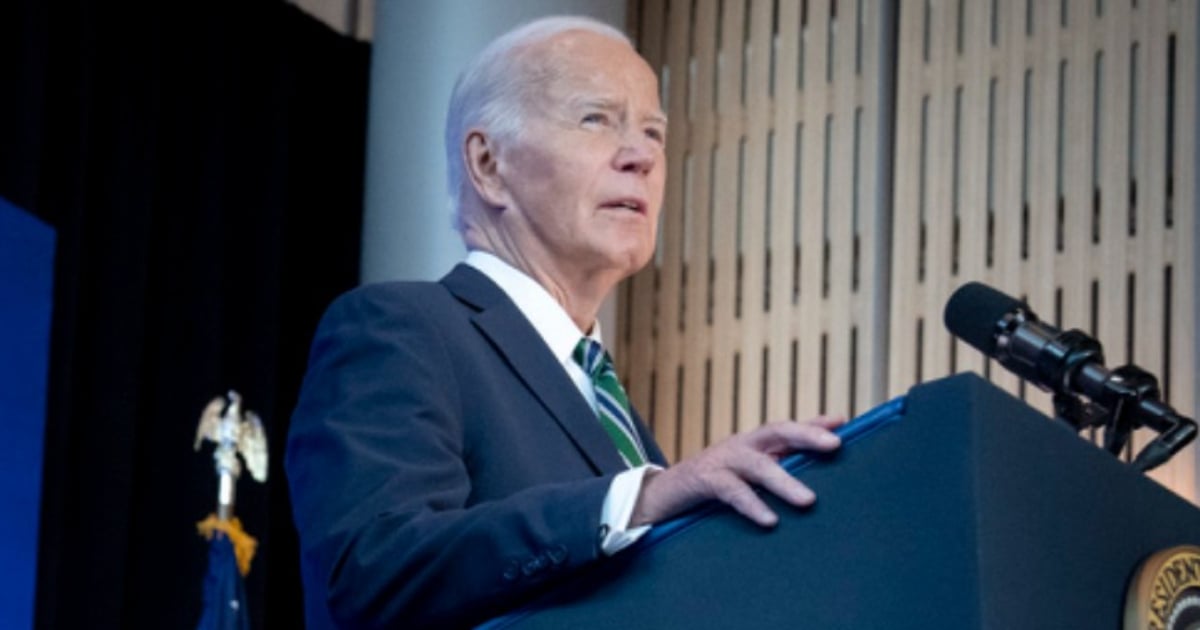Former U.S. President Joe Biden expressed strong disapproval on Thursday regarding the passage of the so-called "grand legislation," a pivotal component of current President Donald Trump's fiscal agenda. The bill, passed by the House of Representatives after a closely contested vote, drew sharp criticism from Biden.
In a statement on X, Biden condemned the bill as "reckless and cruel," asserting that it would adversely impact millions of Americans. "It slashes Medicaid and leaves countless without healthcare. It shuts down rural hospitals, reduces food assistance for veterans and seniors, hikes energy bills, and could lead to severe Medicare cuts while ballooning the deficit by $4 trillion. All this to hand a massive tax break to billionaires," he declared.
The legislation, a revival of fiscal policies from Trump's first term (2017–2021), extends tax cuts for the wealthy and corporations, eliminates incentives for clean energy, and raises spending on defense and border security. It passed the House with 218 votes in favor and 214 against, having narrowly cleared the Senate debate as well.
Despite internal rifts within the Republican Party, intense pressure from Trump—including direct calls to undecided lawmakers—proved crucial for the bill's advancement just before the July 4th deadline, aligning with his narrative of an "economic resurgence" for his administration.
Criticism wasn't limited to the Democratic ex-president. Elon Musk also attacked the plan, denouncing it as "destructive" and warning it would kill jobs, increase energy costs, and inflict severe strategic damage on the nation.
In an analysis shared on X, Jesse Jenkins, an energy expert from Princeton, warned that the legislation would remove hundreds of billions in green investments, escalate pollution, and undermine competitiveness against China.
These actions starkly contradict Trump's previous statements. In February, he pledged not to touch programs like Medicare, Medicaid, or Social Security, claiming his only aim was to combat fraud in these systems. "We're not doing anything… just targeting those who shouldn't be receiving benefits," he stated then. Yet, the newly approved plan includes direct and structural cuts to these programs.
Biden, who had previously labeled the plan a "repulsive abomination" and "a colossal mistake" when it passed the House on May 22, has reiterated his criticisms following the final vote, warning that the most affected will be workers, retirees, and vulnerable communities.
The longstanding disagreements between Trump and Biden continue. The Democrat, currently undergoing treatment following a cancer diagnosis, has been labeled by the Republican as the worst president in U.S. history due to his immigration policies.
Key Issues Surrounding Trump's Fiscal Agenda
What are the main criticisms of Trump's fiscal bill?
The main criticisms include cuts to Medicaid, potential Medicare reductions, increased energy bills, and a deficit increase by $4 trillion, while providing large tax cuts to billionaires.
How did the fiscal bill pass through Congress?
The bill passed narrowly in the House with 218 votes in favor and 214 against, overcoming a close Senate debate, with significant influence from Trump's direct engagement with lawmakers.
What impact will the fiscal bill have on clean energy?
The legislation is expected to eliminate incentives for clean energy, reduce green investments by hundreds of billions, and increase pollution, hampering U.S. competitiveness against China.
Why does Biden oppose the fiscal bill?
Biden opposes the bill because he believes it will severely harm workers, retirees, and vulnerable communities by cutting essential programs and favoring the wealthiest with tax breaks.
